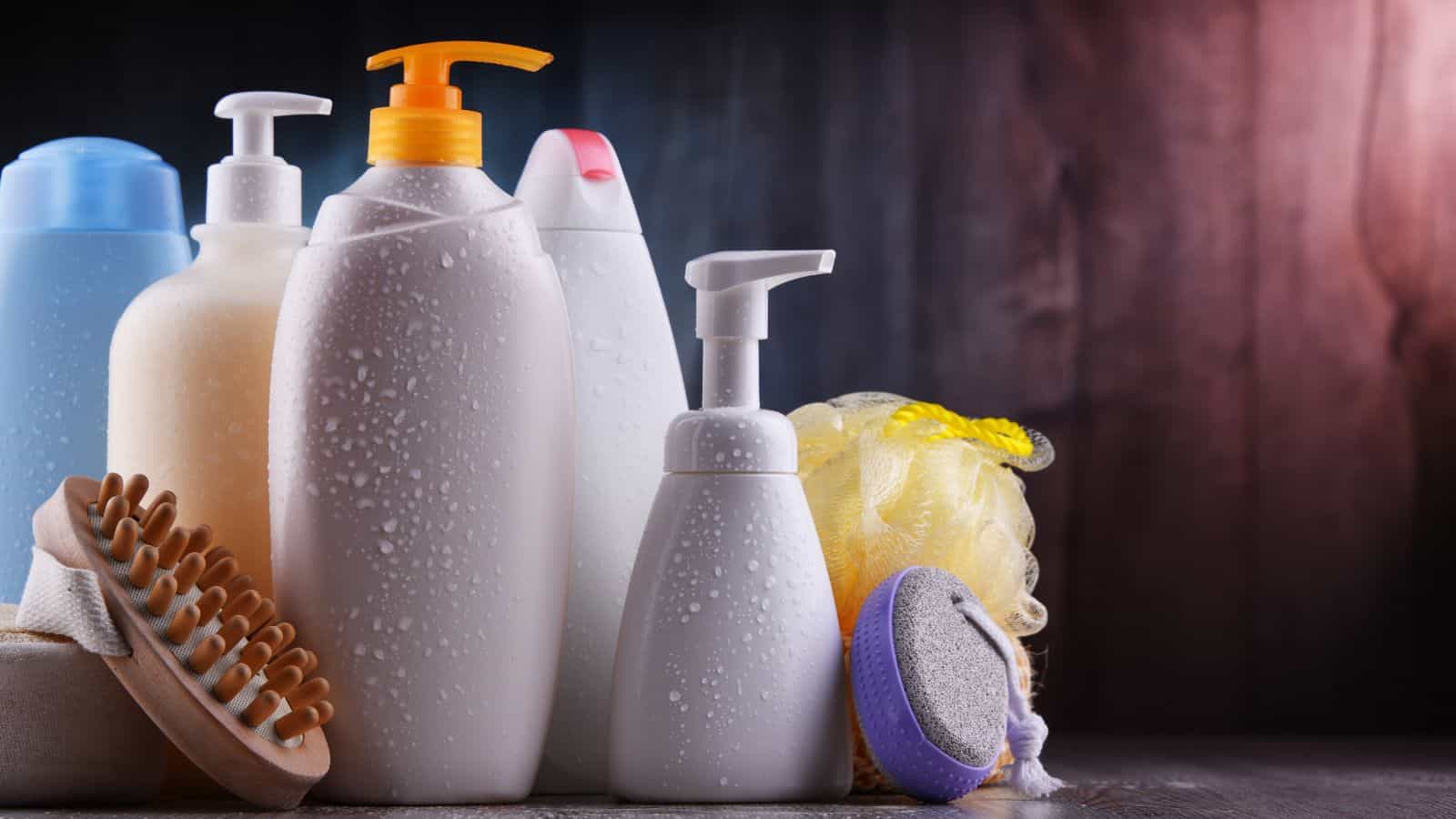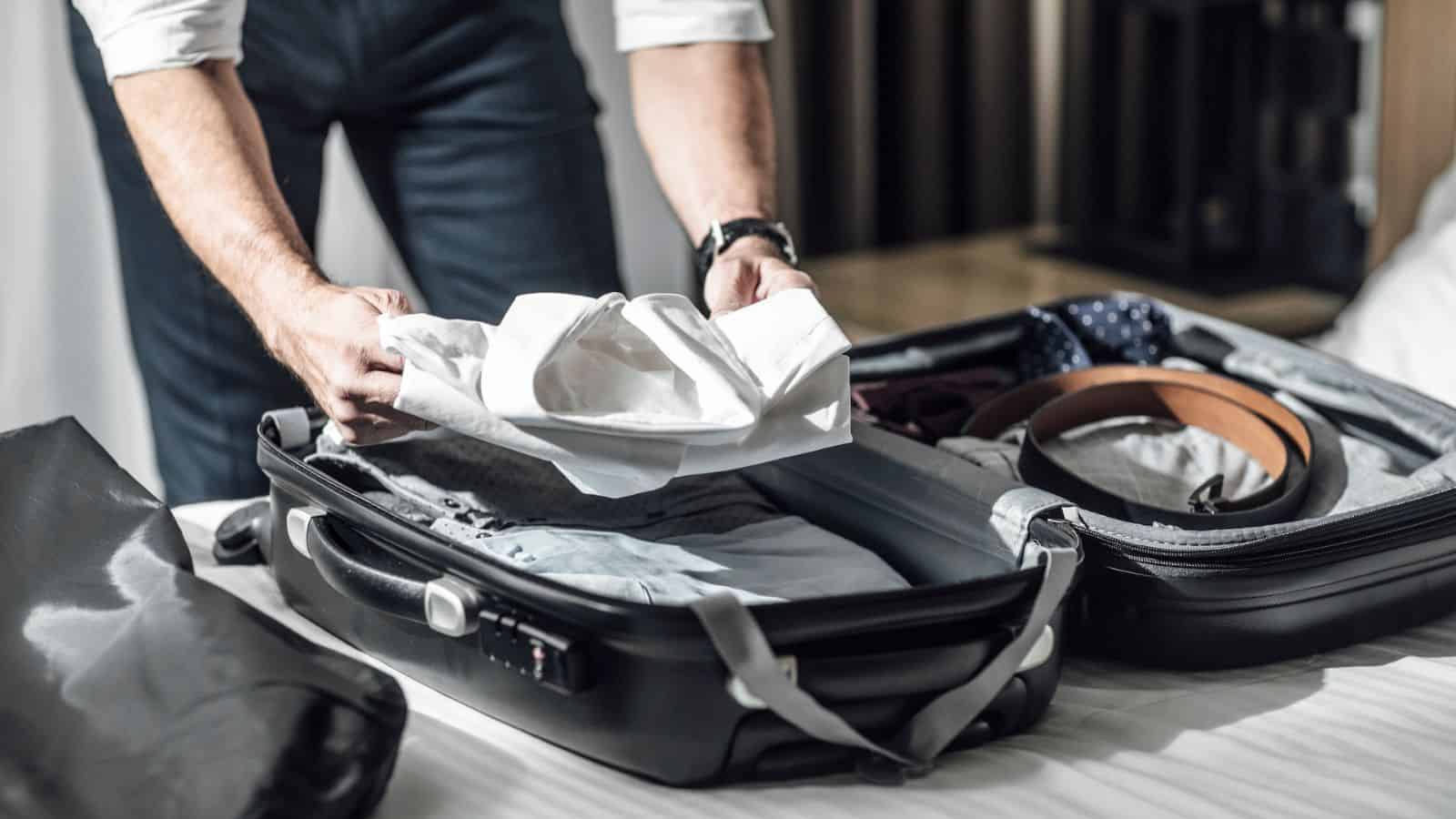Although space travel may not be on the cards for most of us just yet, technology is advancing quickly, and you never know what the future holds. If you do get the chance to go, it’s important to know that certain items can’t be taken in your hand luggage. In this light, here are some surprising items that are prohibited in space.
Unapproved Food Items

Sadly, astronauts cannot bring their favorite snacks into space unless they are pre-approved. Foods need to be shelf-stable, easy to prepare, and safe for consumption in microgravity. Many popular food items do not meet these criteria and are therefore not permitted on space missions, but scientists are constantly working to make the pantries of astronauts more versatile.
Live Plants

If you take a trip to space, you won’t be able to bring your plants from home. While plants are essential for oxygen production and food on Earth, their biological processes can create challenges in the enclosed environment of a spacecraft. Additionally, the soil and water required for their growth can introduce contaminants and complicate waste management systems.
Alcohol

Perhaps unsurprisingly, alcohol is banned on spacecraft. The effects of alcohol can be unpredictable in microgravity, causing it to degrade and grow bacteria. Additionally, alcohol consumption can interfere with important duties and disrupt the controlled environment needed for scientific experiments and daily operations, so this is probably for the best.
Flammable Materials

One thing you could never take into space is any material that is easily flammable. The risk of fire in a closed, oxygen-rich environment is just too high, with The Verge reporting that even fireproof materials can ignite on a space mission. All materials used in space missions must pass strict fire safety tests to ensure they do not pose a combustion risk.
Certain Medications

Believe it or not, not all medications are space-approved. The stability of drugs can be affected by radiation and microgravity, causing them to become ineffective. Furthermore, medicines that require refrigeration or have a short shelf life are unsuitable for space travel. This is why astronauts must rely on a carefully selected list of medications, each of which has been tested and proven safe for use in space conditions.
Untested Personal Electronics

While many electronics are integrated into spacecraft, personal electronics, like tablets and smartphones, must undergo rigorous testing before being allowed in space. These devices can interfere with the spacecraft’s systems and communication equipment. Furthermore, battery safety is a significant concern, as malfunctions could lead to fires or other hazardous situations.
Unsecured Liquids

When astronauts head to space, the liquids they can drink or use are carefully regulated. Unsecured liquids can float around the cabin, potentially damaging equipment or posing a hazard to the crew. For this reason, all liquids must be stored in containers that prevent spillage and are easy to manage in the microgravity environment of a spacecraft.
Firearms

Despite what the sci-fi movies suggest, firearms are strictly prohibited in space. The enclosed, pressurized environment of a spacecraft makes the use of firearms extremely dangerous. The presence of firearms could also lead to unintended injuries or damage to critical systems, jeopardizing the safety of the entire mission.
Untested Hygiene Products

Most lotions, shampoos, and deodorants are untested in space and therefore need approval before being taken onboard a spaceship. Tests involve checking that products are non-toxic and non-flammable and that their containers are designed to prevent leaks in microgravity. Any product not meeting these criteria cannot be brought on board.
Pets

One of the saddest parts of being an astronaut is that they cannot bring their pets on their mission. The health and safety of animals in microgravity conditions are uncertain, and even if they would be fine, the care needs of pets could interfere with the mission. Furthermore, managing animal waste in a spaceship would pose significant logistical challenges.
Regular Clothes

The clothing most people wear on a day-to-day basis could never be taken onboard a space mission. Astronaut clothing is carefully designed to be fire-resistant and to prevent interference with spacecraft systems. Everything is tested rigorously, ensuring it meets the countless safety standards required for space travel.
Glass Items

Another item that is prohibited in space is glass objects, which, as you can probably imagine, could cause all sorts of problems when broken. The shards of glass would fragment and float around aimlessly in the cabin, posing a significant hazard to astronauts and equipment. Instead, space missions use materials that are more durable and less likely to shatter in microgravity.
Loose Tools

While astronauts depend on tools for their missions, tools that are not secured can become dangerous projectiles in space. Every tool must be accounted for and properly stowed to prevent it from floating around the cabin and potentially causing damage or injury. Specialized storage solutions are used to keep tools in place.
Untested Software

Believe it or not, untested software cannot be used on spacecraft unless it is approved by rigorous testing. Otherwise, it could interfere with the various software protocols and networks necessary for mission-critical systems. This means no video games, smartphone apps, or any other day-to-day software that we use today, at least until they’re all tested.
Paper Items

Many people don’t realize that astronauts are discouraged from bringing paper items on board, mainly due to their flammability and the difficulty of managing waste. While some paper is allowed, most essential documents are digitized to reduce their risk and save space. Sadly, this means that activities such as drawing or journaling on paper are off the cards.
Raw Meat

For the same reasons that fresh fruits and vegetables can’t be brought to space, raw meat is not permitted either. It would spoil within days, and the potential for bacterial contamination that this would bring could be detrimental. Space missions rely on pre-cooked, shelf-stable meals that can be easily prepared and consumed without the risk of foodborne illness, and this does include meat, but it’s far from fresh.
Aerosol Sprays

Perhaps unsurprisingly, aerosol sprays are banned in space because they can create flammable mixtures and pose a fire risk. In addition to this, the pressurized cans themselves can be hazardous in such a low-pressure environment. Thankfully, alternative packaging and dispensing methods are used to ensure the safety of hygiene products and other necessities.
Untested Textiles

There are many textiles that are banned in space due to their fibers and other flammable qualities. While some textiles are used onboard, they must all meet strict safety standards. Sadly, this usually means that traditional blankets, pillows, and clothing cannot be brought to space, although safer alternatives will be provided.

